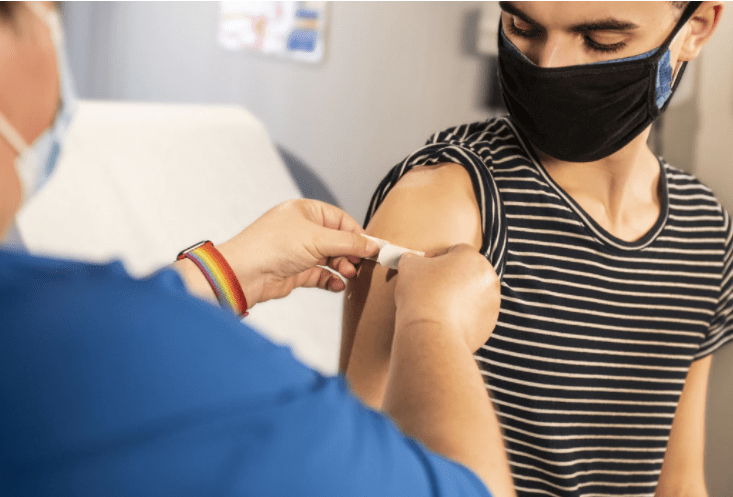So, you got your Covid vaccine.
And you experienced some side effects.
Is this normal? Should you be worried? Are you in for trouble if you experienced some side effects after receiving the vaccination?
And perhaps, most importantly:
If you experienced side effects, is that a sign that the vaccine didn’t work properly?
Understandably so, a lot of people have been worried about these questions.
But in a recent post, published on CNN.com, doctors chimed in to give the actual 411 on vaccine side effects and what they mean.
Spoiler alert:
Some of these side effects are actually a good sign.
Let’s talk about it.
The Most Common Side Effects Of The Vaccine, And What They Mean
According to Dr. Peter Hotez, a vaccinologist and dean of the National School of Tropical Medicine at Baylor College, things like:
- Arm soreness
- Body aches
- Fatigue
- A low-grade fever
… happen after getting the Covid vaccine (either Pfizer/BioNTech or Moderna) because the vaccine is very potent, and is producing an immune response in those who receive it.
It’s hard to say exactly how many people experience side effects, because so many people are getting the vaccine every day.
But during vaccine trials, about 10% to 15% of volunteers who received the immunizations developed noticeable side effects; While severe allergic reactions, also known as anaphylaxis, only happen in around 2 to 5 patients per million.
In other words, the Pfizer/BioNTech vaccine and the Moderna vaccine have both proven thus far to be quite safe. Plus, they’re both said to provide 95% protection against symptomatic Covid-19.
Are Second Doses Worse?
If you’ve known anyone who has gotten the Covid-19 vaccine, then you’ve probably heard that the second dose tends to feel worse than the first one.
As it turns out, there’s a reason for this.
According to the above-referenced CNN, article, in an interview with Michael Worobey, an evolutionary biology professor at the University of Arizona:
“With the first dose, you are having to generate an immune response from the ground up… Then the second time you give a person the shot, those cells are sitting around like a clone army and can immediately start producing a very big immune response, which is what is happening when people feel like they have been kicked in the teeth.”
In other words, it isn’t uncommon to experience a worse reaction to the second dose than you did to the first. In fact, this type of response is almost to be expected.
Some people are tempted to skip the second dose to avoid the potential for negative side effects. But according to doctors, this is actually a really bad idea that could not only decrease your level of protection from the virus, but also reduce the time span of your protection as well.
To put it in the simplest terms; if you want maximum protection from the virus, you should definitely get both doses.
At What Point Should You Seek Help For Side Effects?
According to the CDC, “In most cases, discomfort from pain or fever is a normal sign that your body is building protection.”
However, you should contact your healthcare provider if the side effects continue to worry you or don’t go away after a few days.
You should also consider contacting your health care provider if the tenderness or redness from the shot zone gets worse after 24 hours.
In Conclusion
Hopefully, this post has helped to dispel some of the fears and myths surrounding mild side effects that can happen in conjunction with the covid-19 vaccine.
By all accounts, the Pfizer/BioNTech and Moderna vaccines seem to be working really well. And though you may feel a little ‘off’ after one or both of them, the protection you get from the immunization is most definitely worthwhile.







